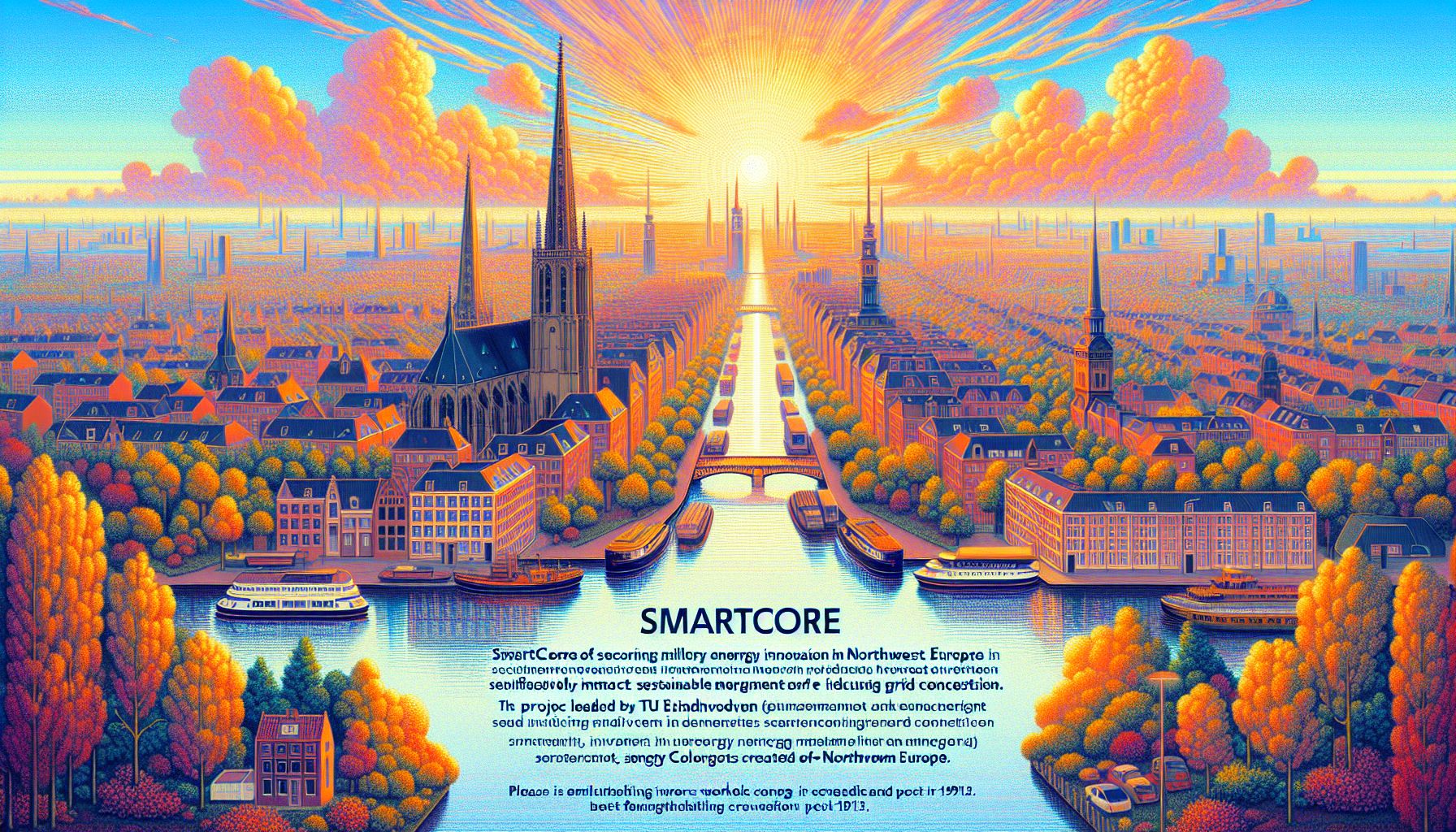SmartCORE Secures €10.5 Million for Energy Innovation in Northwest Europe

Eindhoven, Wednesday, 7 May 2025.
SmartCORE, led by TU Eindhoven and Interreg NWE, has been funded €10.5 million to enhance energy sustainability and reduce grid congestion, impacting sustainable energy management significantly.
Strategic Innovation Leadership
The initiative is being spearheaded by Dr. Anna Wieczorek at TU Eindhoven’s Technology Innovation Society group, addressing critical challenges in renewable energy systems deployment [1]. The project aims to tackle the growing mismatch between energy production and consumption, which has been leading to price distortions and economic risks in the Northwest European energy market [1].
Multi-National Collaboration
SmartCORE represents a significant international partnership, bringing together 15 partners across Northwest Europe [2]. The project will run from 2025 to 2028, focusing on strengthening six existing energy communities across five strategic locations: Luxembourg, France, Belgium, Ireland, and the Netherlands [1]. The initiative includes plans to scale these experiences to six additional energy communities, maximizing the impact of successful implementations [1].
French Implementation Case Study
One notable implementation is already underway in Redon, Brittany, where Énergies citoyennes en Pays de Vilaine (EPV), established in 2003, is playing a crucial role [4]. The organization’s ELFE project, initiated in 2021, has successfully engaged 110 initial users and plans to expand to 500 users between 2025 and 2028 [2][4]. This expansion aims to establish a sustainable economic model for local energy markets, demonstrating the practical application of SmartCORE’s objectives [4].
Technical Innovation and Research Focus
At TU Eindhoven, the project aligns with broader research initiatives in renewable energy systems through the Eindhoven Institute for Renewable Energy Systems (EIRES) [5]. The research focuses on developing smarter financial incentives for grid operators and implementing innovative solutions to address grid congestion challenges [5]. This comprehensive approach ensures that the project delivers both theoretical advances and practical applications in sustainable energy management [1].

